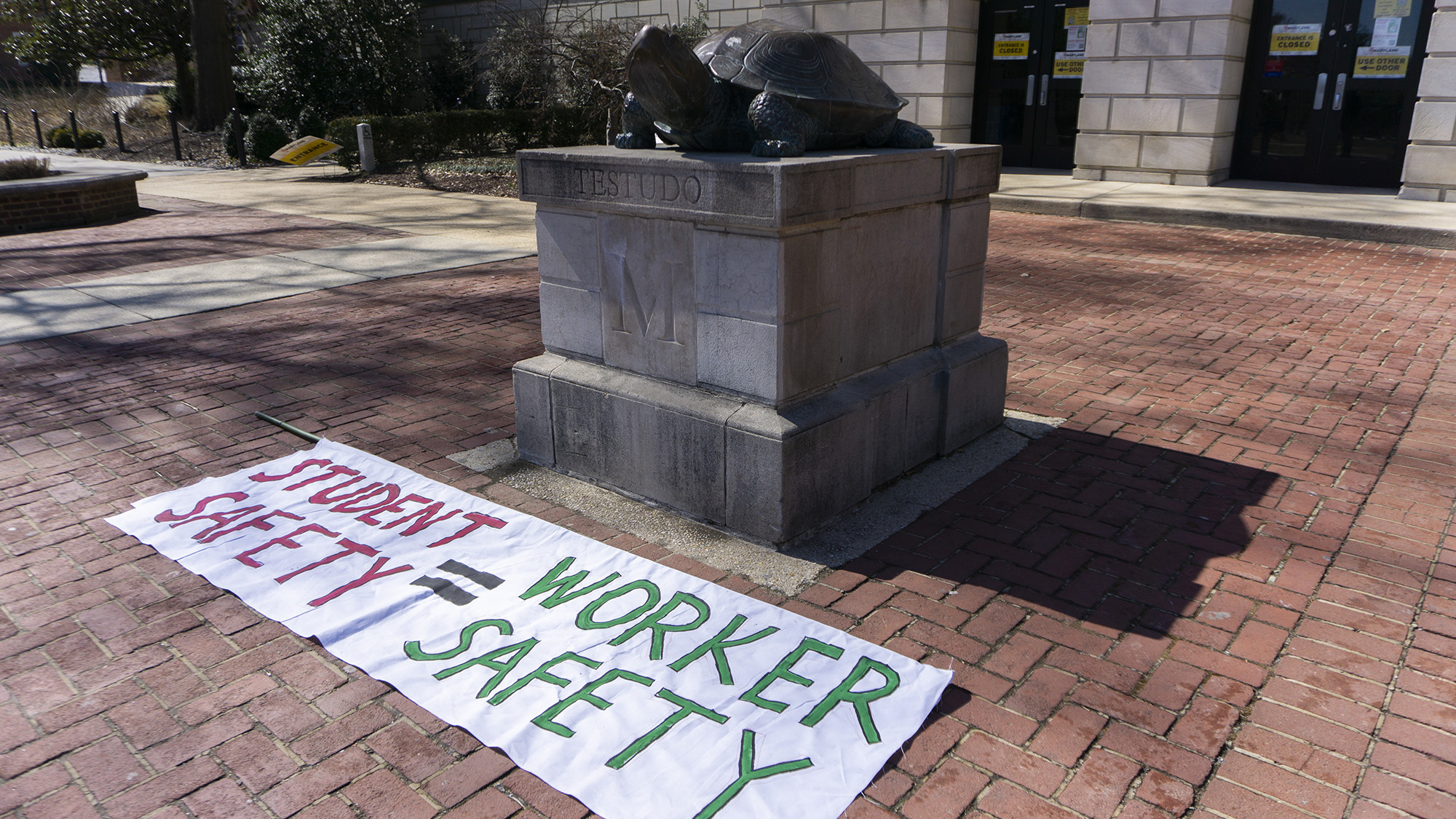Views expressed in opinion columns are the author’s own.
COVID-19’s negative impact on the job market has certainly been difficult to deal with for students and recent graduates, and employees in all fields are excited to move towards a post-vaccine world. However, despite the apparent light at the end of this hellish tunnel, the job application and hiring process should not simply return to “normal.” Rather, both employers and people applying for work should take this opportunity to reflect on the past year and to consider the various ways in which they can learn from the challenges brought on by the pandemic.
The coronavirus-fueled economic deficit faced by many American workers is no secret. As stimulus checks failed to reach many of those most in need — and medical bills and job insecurity dug countless Americans into deep financial holes — many turned to crowdfunding and mutual aid to solicit help from their community members instead of their employers or government. In the period between March 1, 2020 and August 31, 2020, GoFundMe, a popular crowdfunding platform, saw a staggering 150,000 fundraisers started for COVID-19 related relief — around 60 percent of which were related to unemployment and small business relief.
On top of this, many frontline workers suffered pressure to return to work without adequate protection, compensation or paid sick leave. Some workers say they were even financially incentivized to go to work sick. When employers faced new and difficult challenges during the pandemic, many could not — or would not — work to guarantee the safety and security of their employees. The attitude of many companies to continue “business as usual” at any cost clearly has taken its toll, so the route employers take post-pandemic in hiring and directing employees should certainly not emulate this current attitude.
Rather, employers should look into the challenges they and their employees faced and try to find ways to progress past these difficulties, such as implementing comprehensive paid sick leave policies that incentivize sick workers to stay home. In addition, employers should consider how much of employees’ workload could be completed remotely and be willing to provide employees with appropriate accommodations for remote, hybrid or in-person work. Employers should also regularly check in with employees to see how the workload is being managed and distributed and whether adjustments need to be made to produce outcomes that are both efficient and sustainable.
In the hiring process, employers should ask prospective workers, especially students and recent graduates, how they have been able to manage working from home and what they would need to produce quality work. For companies that do background checks, this part of the interview process should then be combined with checking to see if prospective applicants followed pandemic safety guidelines in their own lives.
For students and recent graduates applying for work, it is important to ask the interviewer what their company or organization has learned from the pandemic and how they have addressed any resulting challenges. Look specifically for answers relating to the treatment of employees; if a company failed to take steps to protect and fairly compensate workers during the pandemic, it’s probably not a good fit. This especially applies to whether employees were given and encouraged to take paid sick leave or mental health days.
Applicants should also consider their own experiences working remotely or in-person during the pandemic and ask about the distribution of in-person and remote work. If the employer states that most work can be done remotely, ask what measures the company has taken to provide workers with what they need to work from home, such as equipment, training and the space to unplug from work and set boundaries. Remember, though applying for work as a student or as a recent graduate can be daunting, you still have every right to ask questions and to look out for your own safety and well-being — especially now.
A compassionate and sustainable workplace culture may not be compatible with our current profit-motivated capitalist system, but the way in which work has mostly been conducted throughout the pandemic goes beyond unsustainability. Students and recent graduates have the right to raise their standards as a result of the hardships they have endured, and employers would be wise to meet prospective applicants where they are at.
Caterina Ieronimo is a junior government and politics major. She can be reached at ieronimocaterina@gmail.com.



